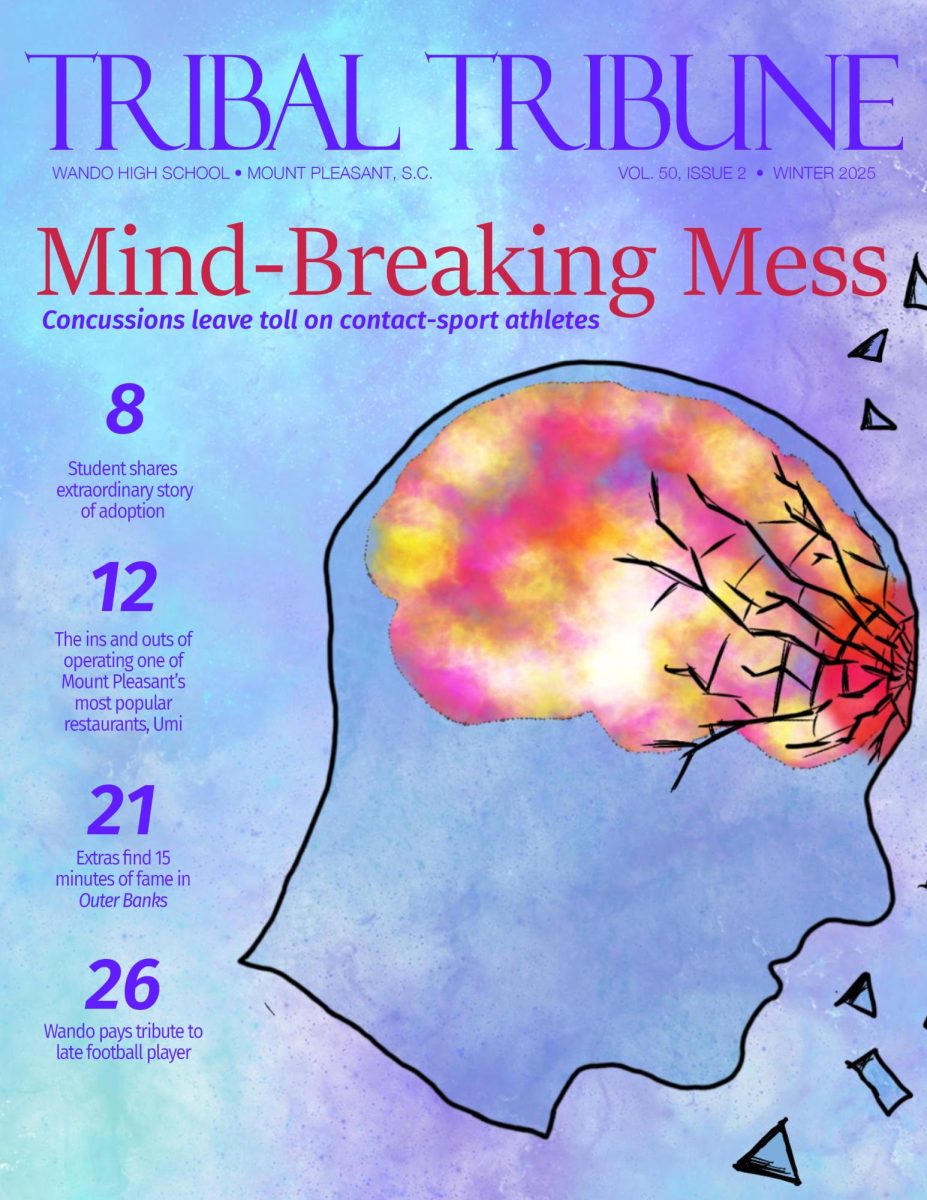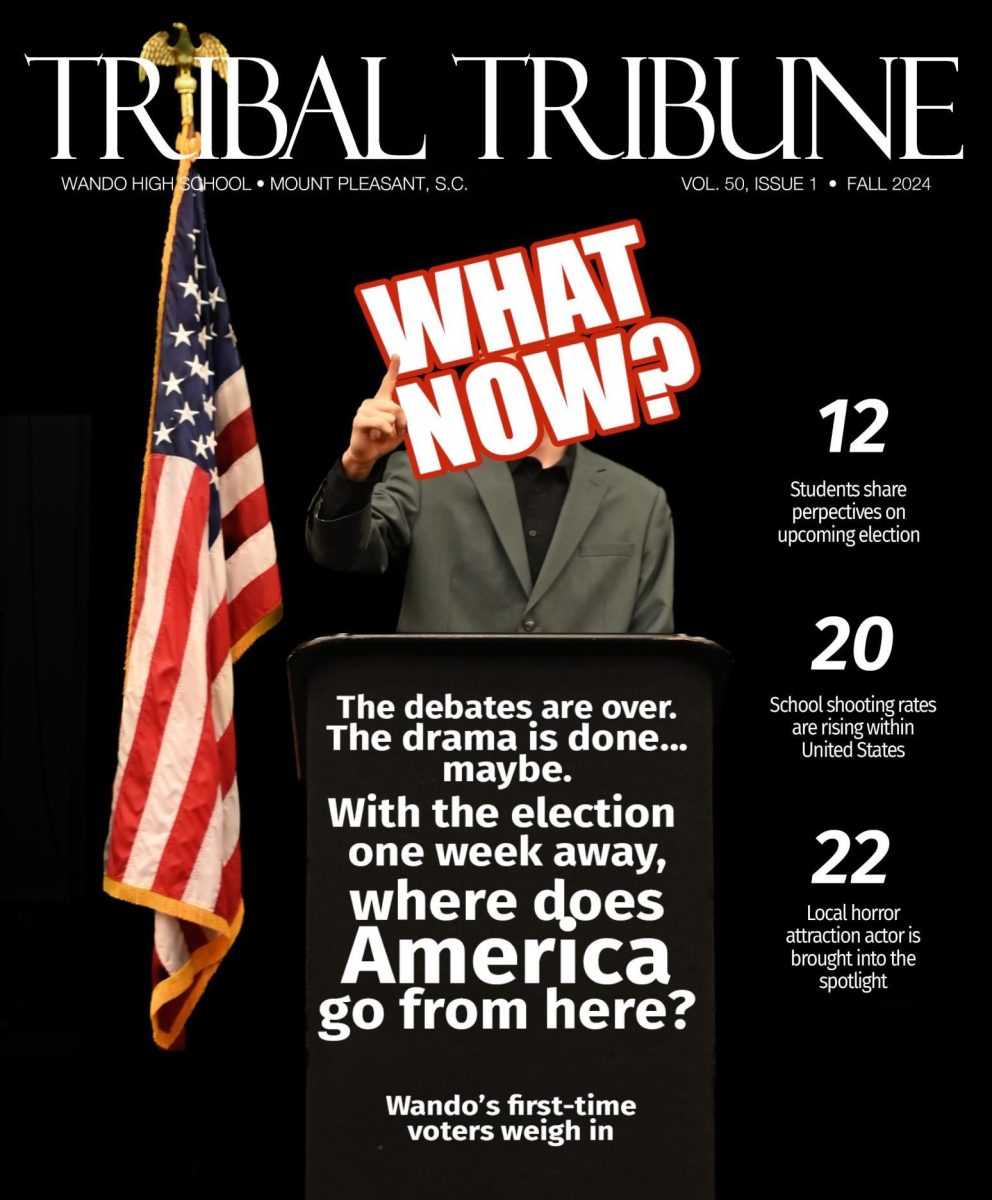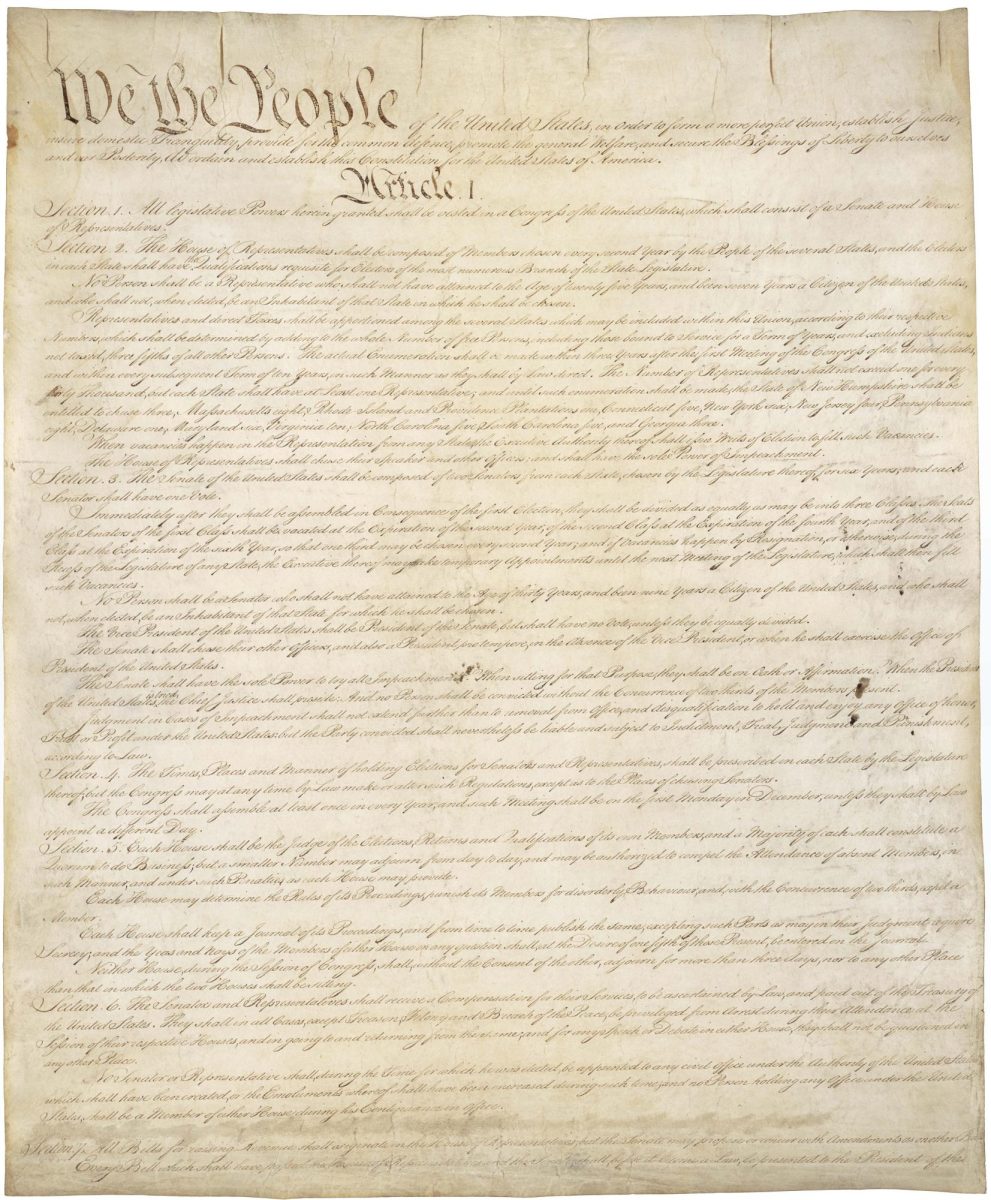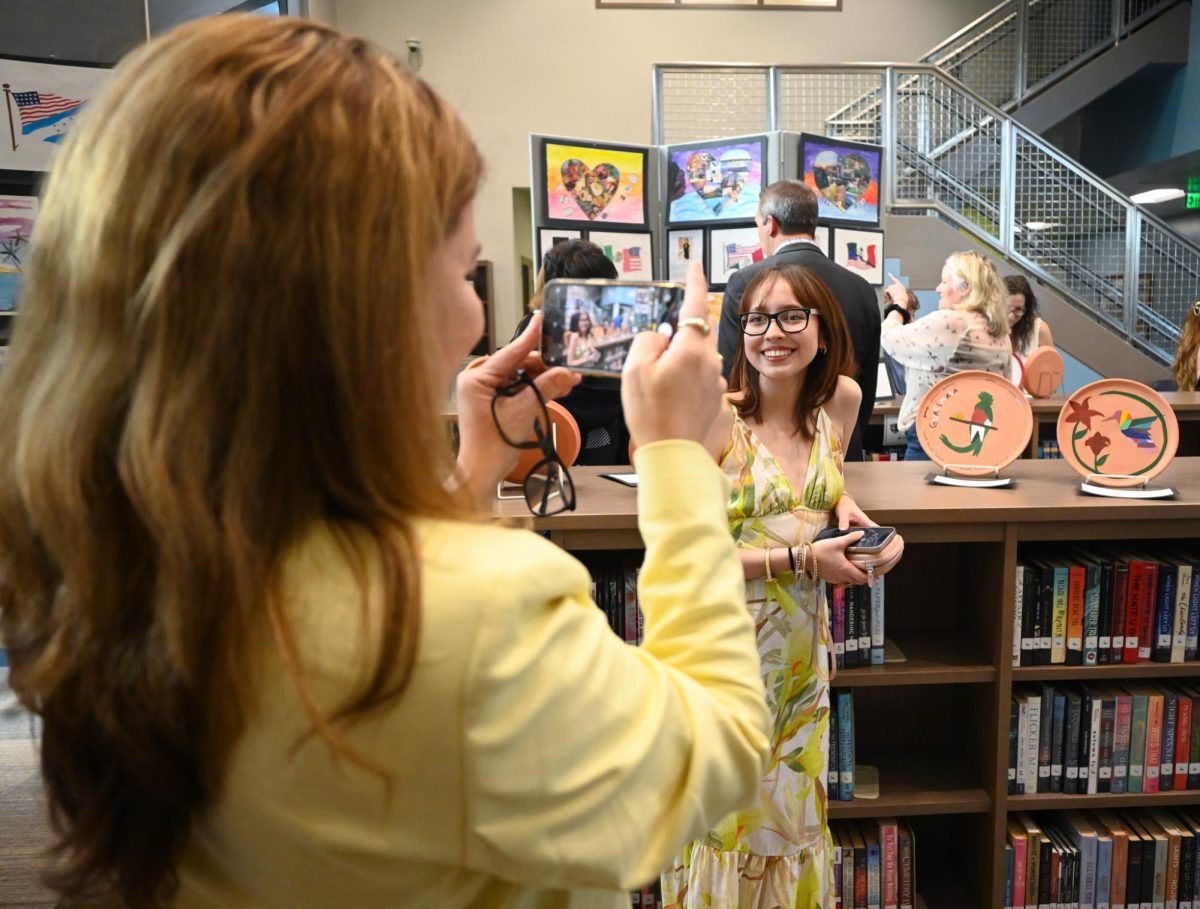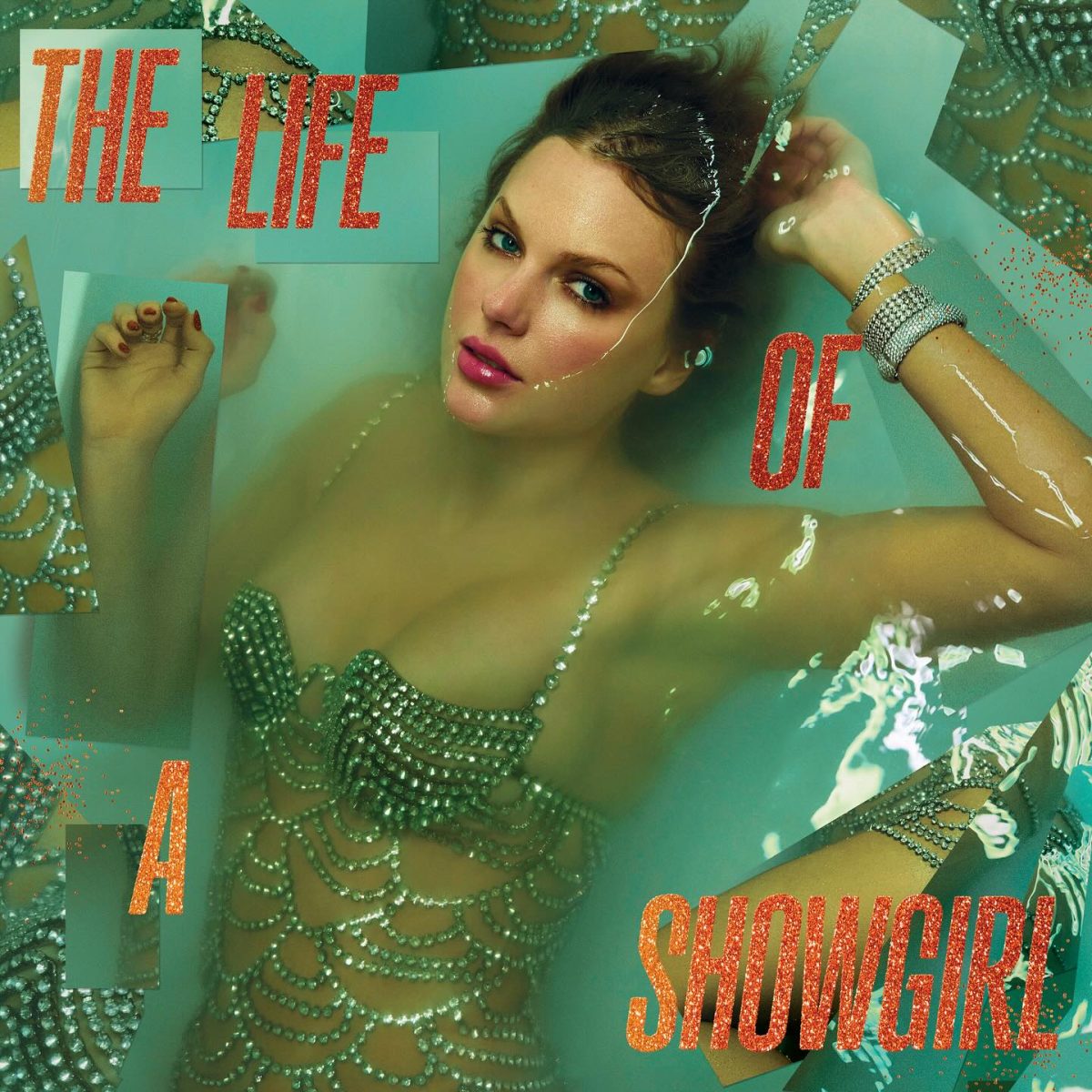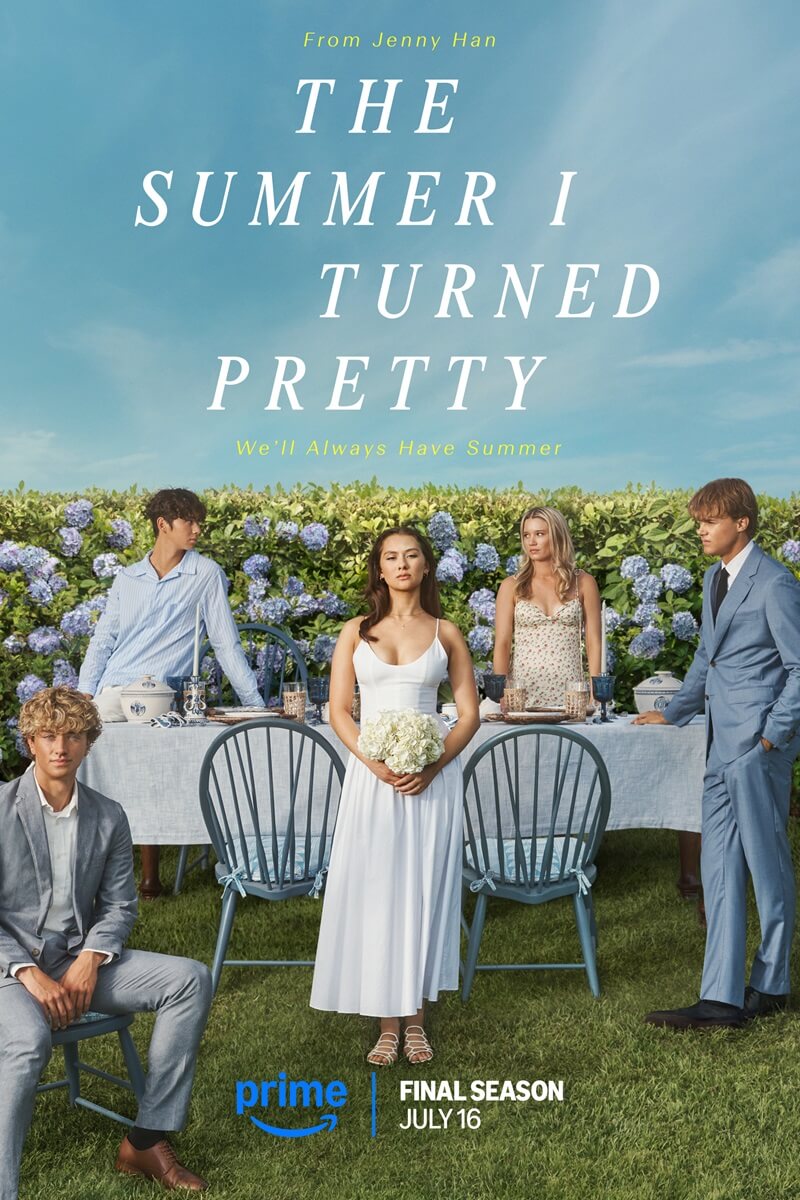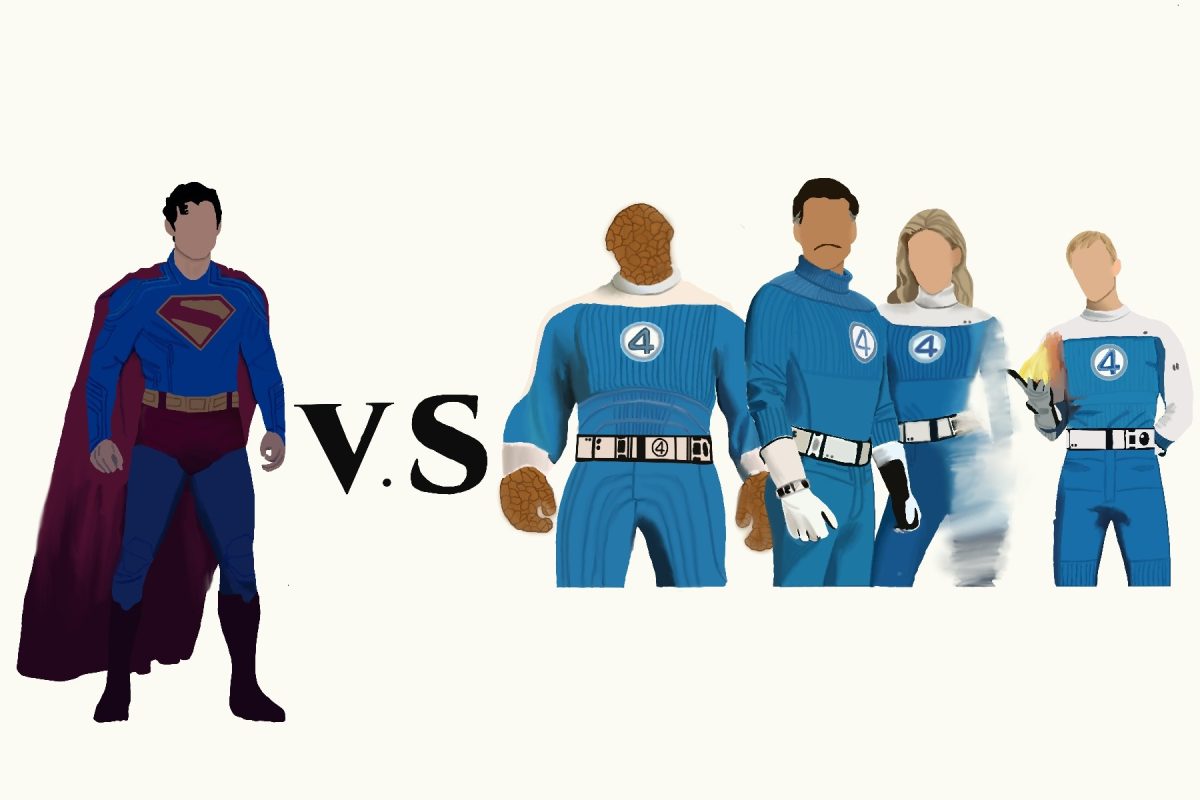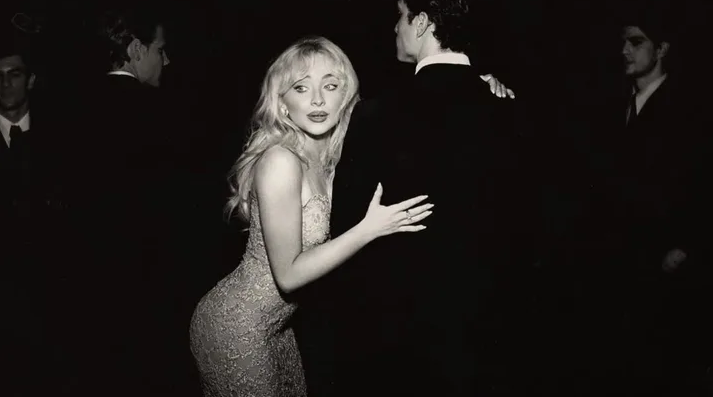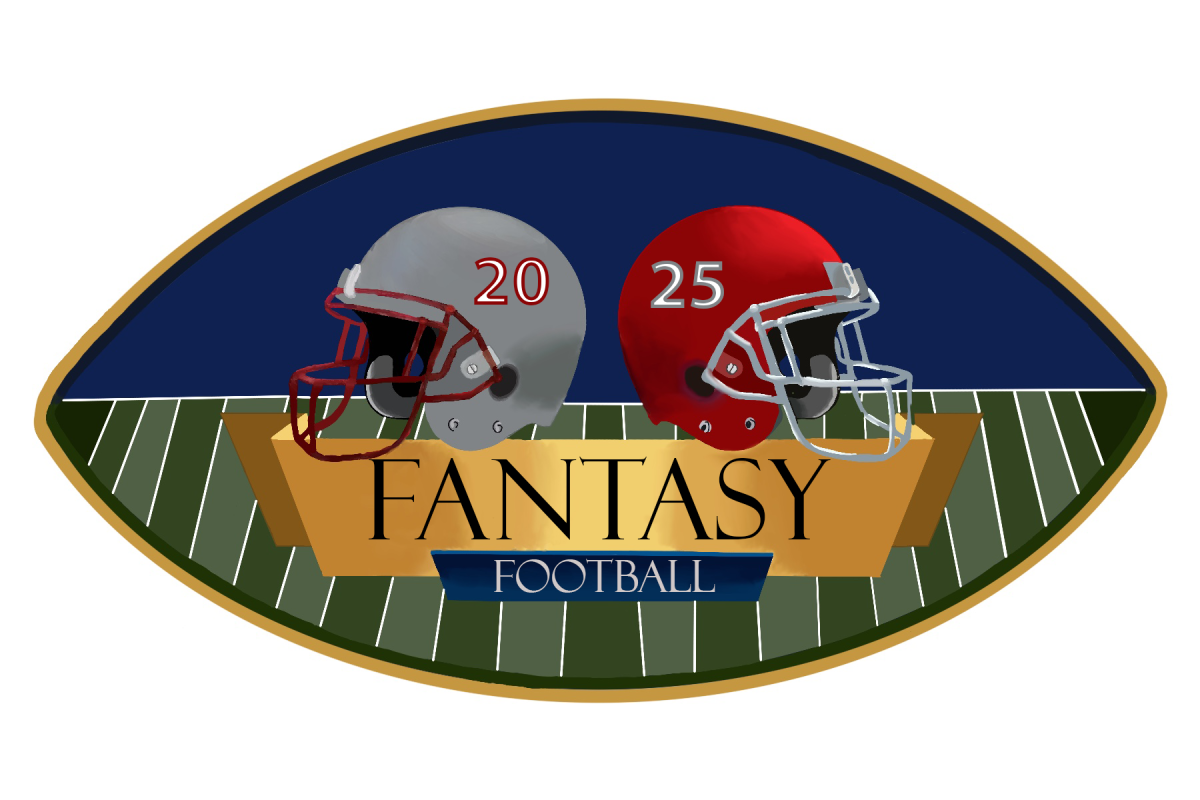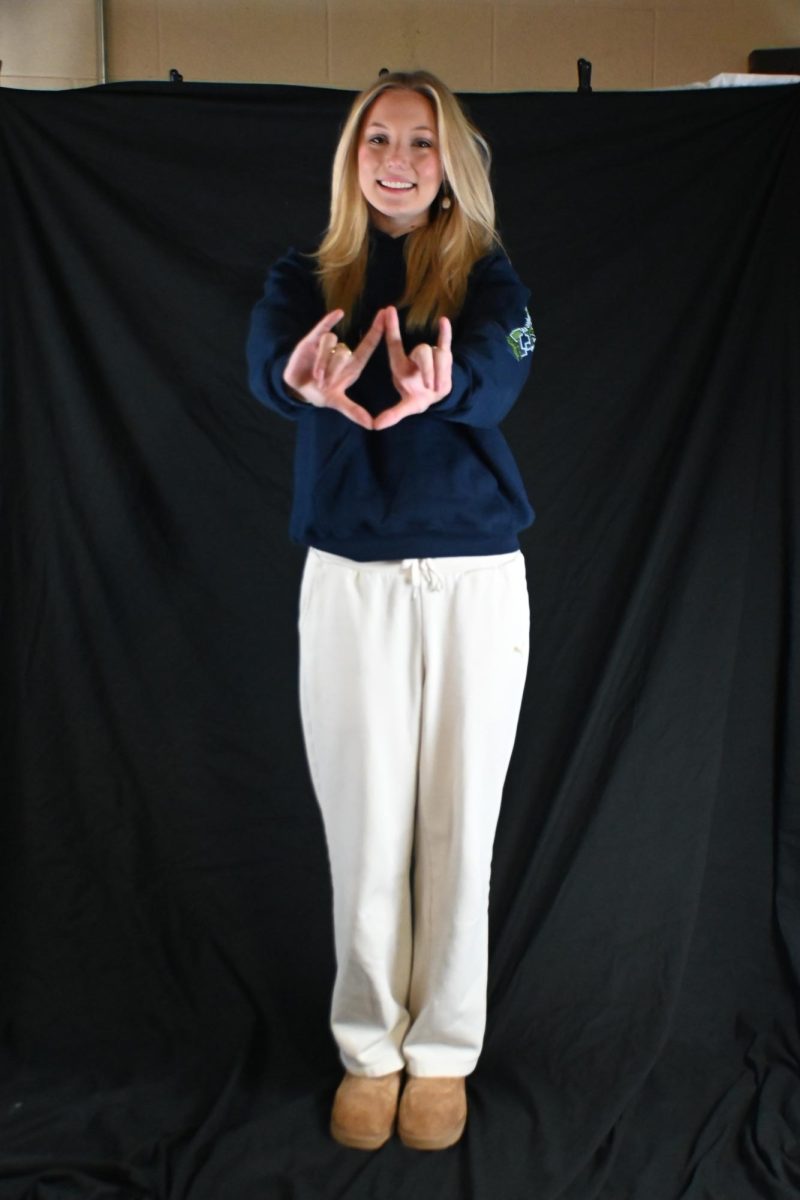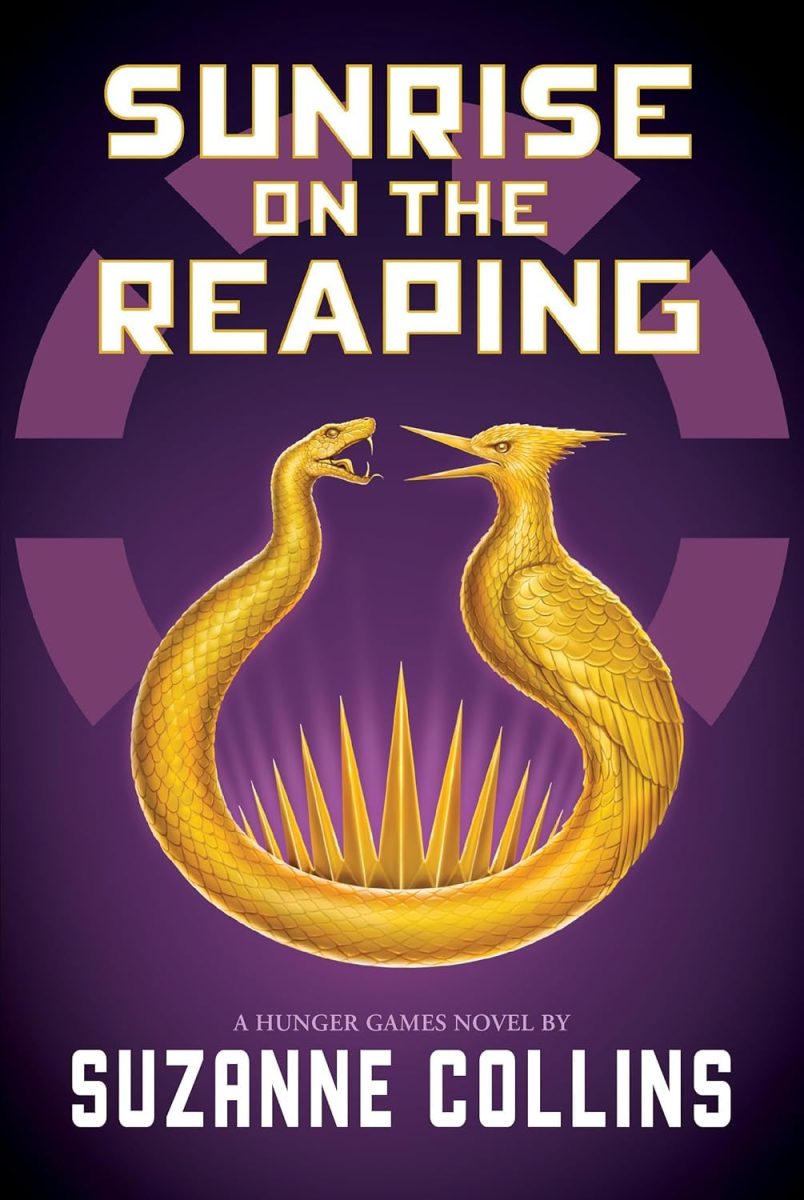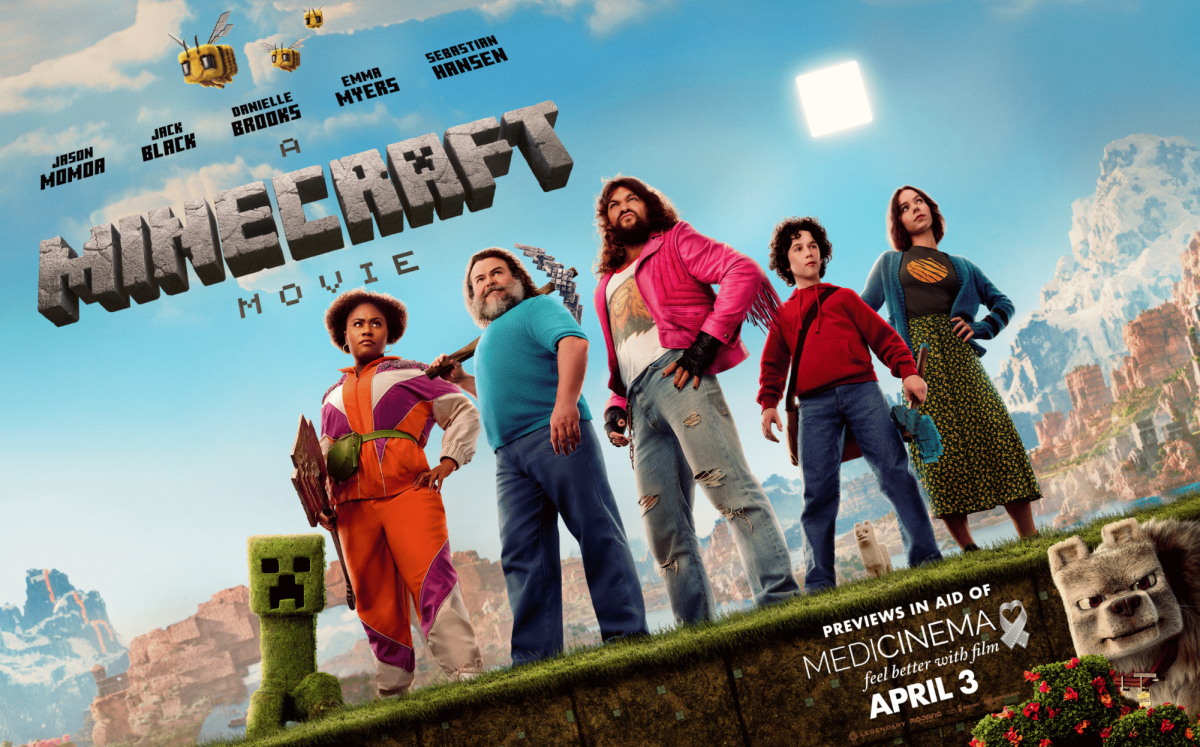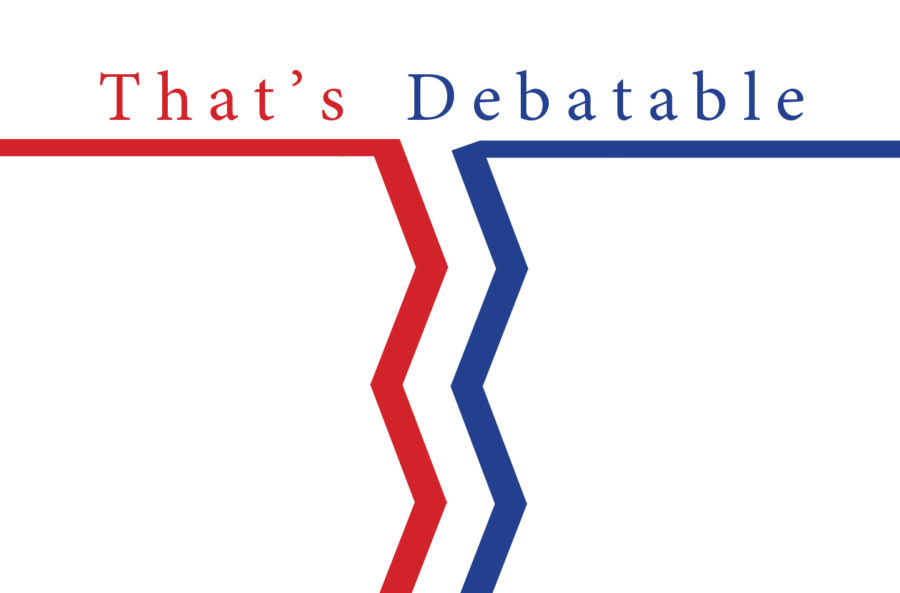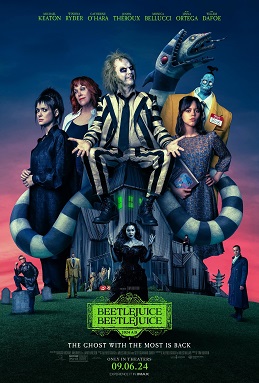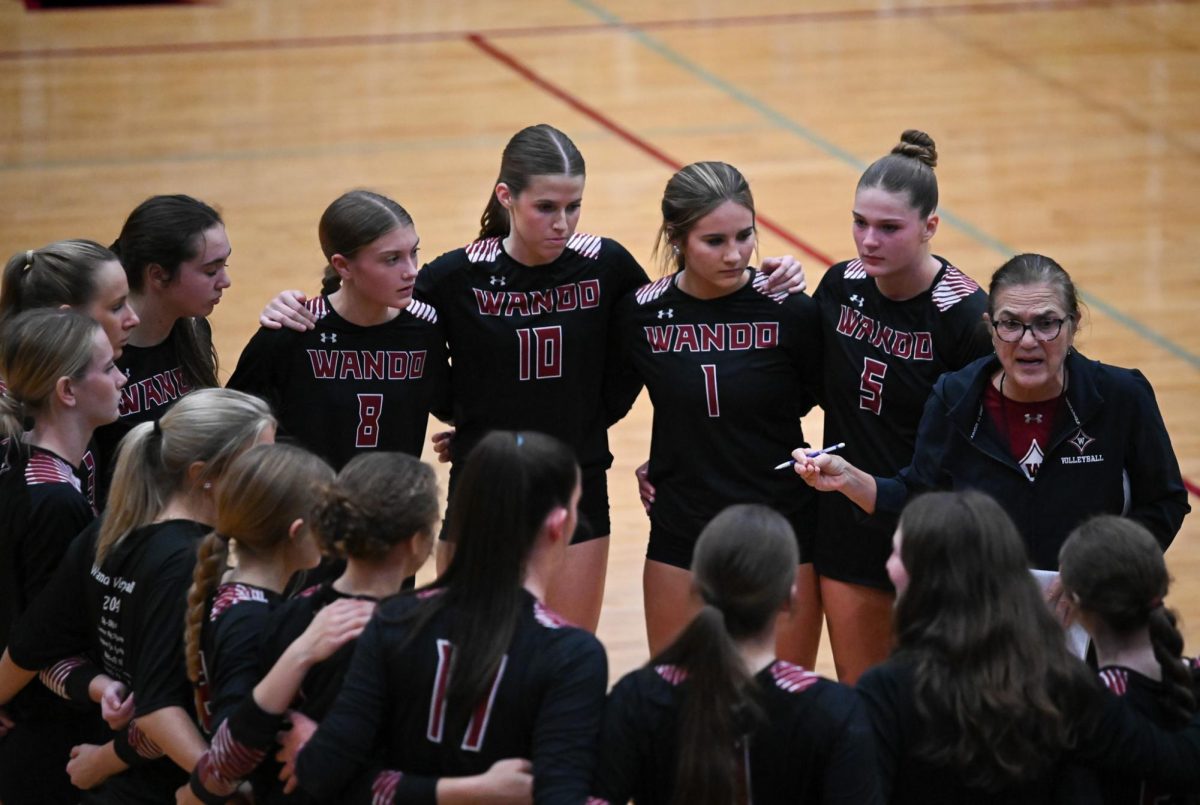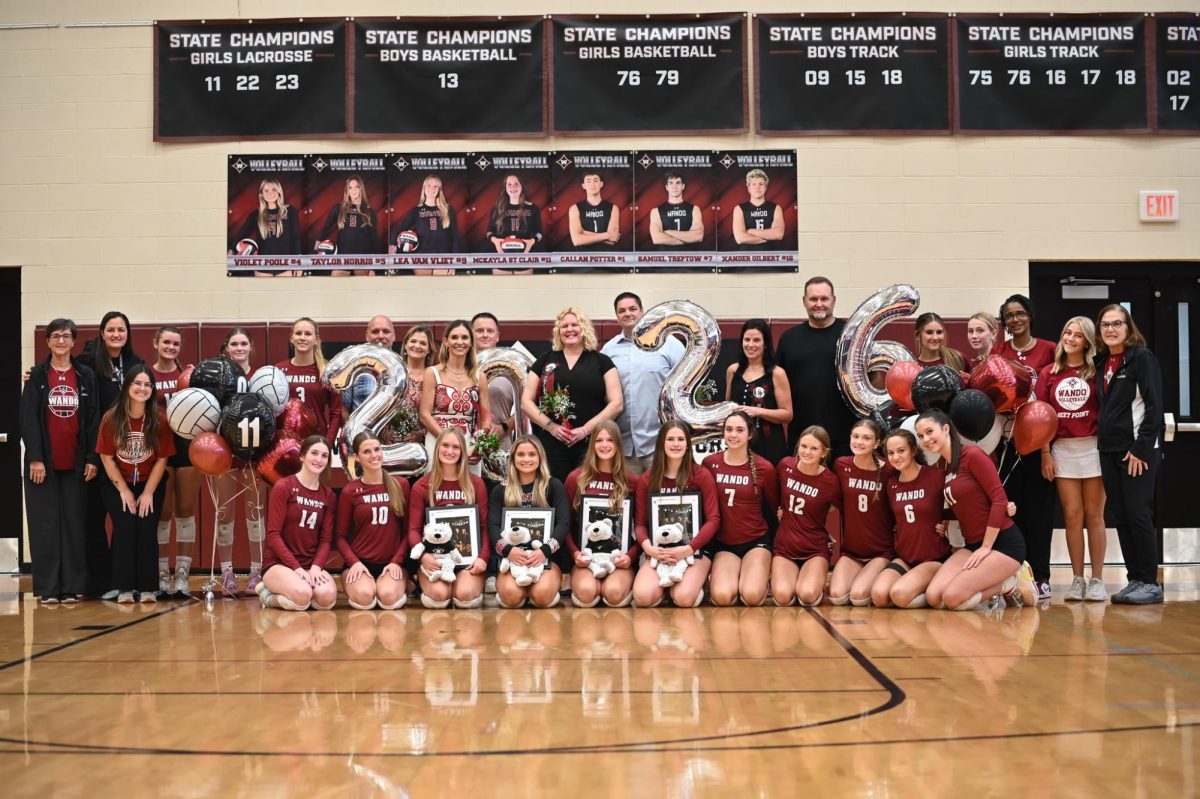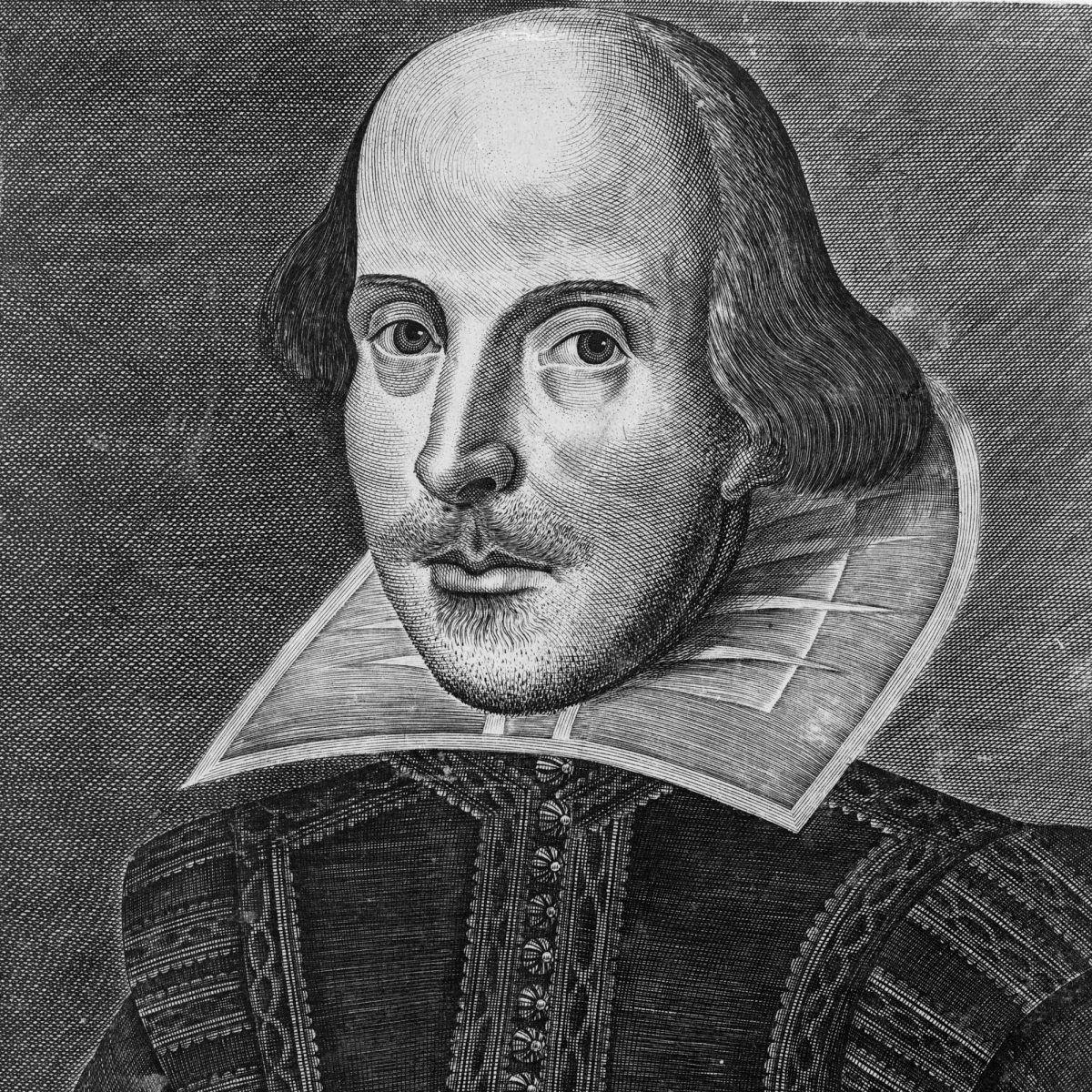Centuries ago, the many plays of one man permanently reshaped English language and culture. In the 21st century, William Shakespeare’s plays are still performed, read and studied.
Early modern British literature professor Sujata Iyengar teaches the intricacies of Shakespeare at the University of Georgia.
“Reading classic literature is important to students, and general readers and citizens today, because literary texts and dramatic texts that have stood the test of time can usually offer us access—in heightened language—to heightened experience and a space to reflect upon those experiences and the challenges of living among other people and in a complex civilization,” Iyengar said. “And the difficulty of classic texts is what allows us that time and space to reflect.”
Despite these connections to humanity, many are reluctant to experience the complex world of Shakespearean literature. David Daniel, a Core Company member and Education Director at American Players Theatre, has a different view of the classic texts.
“People don’t really find love poetry until they’re in love. Or people don’t listen to a breakup song until after they’ve broken up, and then they listen to the same song a hundred million times. It’s not that you are ready for everything at all times. But when something happens in your life, for good, for bad, for anything, there is stuff there that other humans have gone through. And when you connect with that, then your world opens up. It makes you bigger,” Daniel said.
Additionally, Shakespeare is a performance. It is meant to be watched, which makes reading the multi-layered plays more difficult than other classic texts.
“If you go see a play and you don’t understand what’s going on, that’s 110% our fault as actors,” Daniel said. “We’re bad actors… because the job of the actor is to make it easier for you to understand and also pull you in so you’re connected with what’s going on.”
Good actors convey the deep themes found within the works of Shakespeare and other classic artists.
“Why human beings fight with each other, so war and peace,” Iyengar said. “How and why we fall in love. Who we fall in love with, which is the greatest and most beautiful mystery, in many ways, of all. What we find sacred. How parents relate to children and how siblings relate to each other. How societies can progress to greater levels of happiness and fulfillment for everyone… Those are the sorts of themes that come back, that I see coming back in these literary ancient texts, difficult texts.”
When it comes to modern retellings of these stories, there are certain things that the adapters must keep in mind.
“How far can you adapt it without changing what you think is the essence of the original?” Iyengar said. “So what is it that that person has to do in order to keep it the same story? And do you care? Because it’s quite possible as an adapter that you decide, I don’t actually care about this from the original, but what I’m interested in is a different kind of, a different aspect of it… an adapter will often also have to select judiciously.”
After being performed thousands of times over hundreds of years, the heart of Shakespeare’s works remains the same. Even so, each performance brings a new vision to a new audience.
“When David Warner was doing Hamlet in the early 80s, it was the Falkland War. The British Empire had gone to war with Argentina over the Falkland Islands. And there’s a passage in ‘Hamlet’ where Hamlet walks out and he talks to somebody called the Captain. And he asked the Captain, he says, ‘where are these troops going? Look at them. They’re so bold and brave’… and the Captain says, ‘they’re going to go fight for a little piece of earth that is not big enough to hold the bodies of the men who died fighting for it’… when David Warner did it during the Falkland Wars, he said it to an audience whose sons and daughters, husbands and wives, mothers and fathers were in the Falkland War fighting and dying for some sheep islands,” Daniel said.
Even a single play could be interpreted a thousand different ways by a million different people.
“When Ben Kingsley did ‘Hamlet’, to be or not to be, there was a young female [Buzz Goodbody], she was… absolutely going to shake up the Shakespearean world, had all these great ideas of what Shakespeare could be. People just were lining up to work with her. Theaters wanted her to direct this fantastic, this really great production of ‘Hamlet’ that she was putting together. And a week before they opened, she took her own life,” Daniel said. “And so Ben Kingsley, playing Hamlet, walks out and he says, ‘to be or not to be’. And it was completely different. Not because the play was different, but because what had happened to those people was different. And that your audience had been united and hear these words from hundreds of… years ago. And all of a sudden they make absolute sense. ‘Whether ‘tis nobler in the mind to suffer the slings and arrows of outrageous fortune or take arms against a sea of troubles and by opposing end them’.”
Above anything else, art is a conveyance of the human experience, and this is what allows Shakespeare to remain relevant, even the Age of Information.
“There is something more that human beings strive for than just the obvious,” Daniel said. “There is a connection that we look for. Poetry, dance, music, that’s art… It is that greater thing that we reach for to help us make sense of what’s going on inside of us. But classical dance, painting, music, it reminds us that those things that we’re feeling right now are not just about today, but are absolutely positively human because they show up in every generation, every era, every century, every millennium.”



